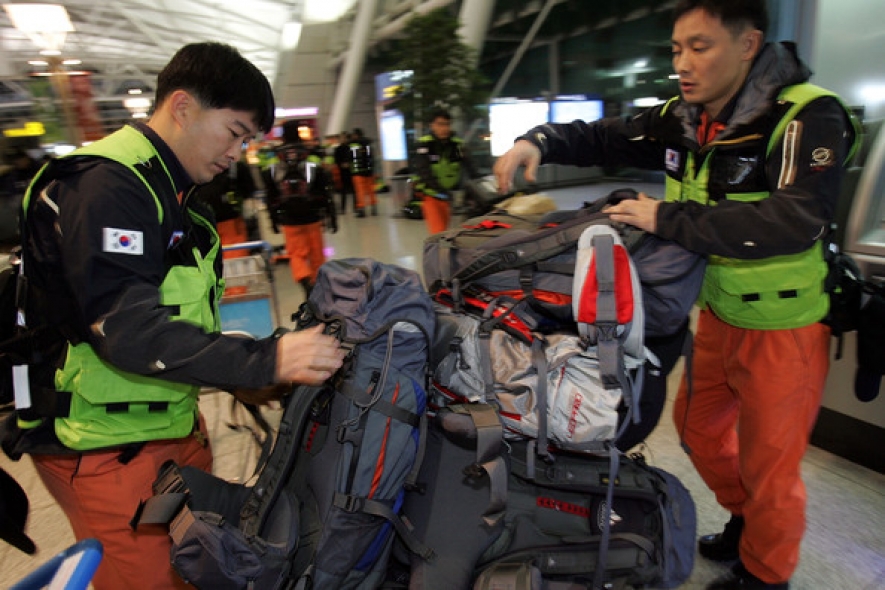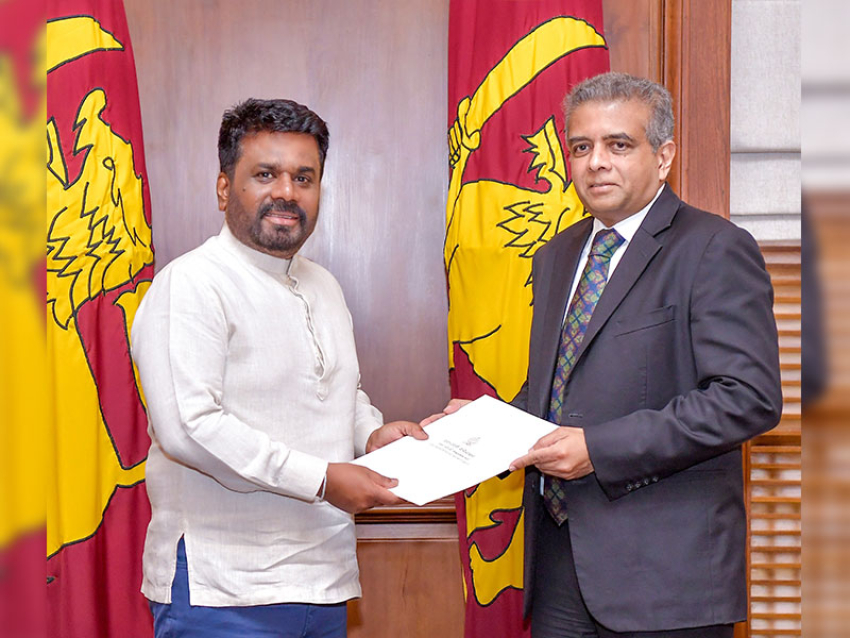The WHO said that based on its initial risk assessment, "there is no evidence to suggest sustained human-to-human transmission in communities and no evidence of airborne transmission."
It added that there was no need at the moment to impose special procedures at points of entry or travel or trade restrictions due to the outbreak.
But the WHO noted that MERS is "a relatively new disease and information gaps are considerable."
"The mission will bring us a step closer to gaining a better understanding of the nature of this virus," the WHO's regional office in Manila said in a statement.
The team, to be led by Assistant Director General for Health Security Dr Keiji Fukuda, will include experts in epidemiology, virology, and public health officers who have previously handled MERS outbreaks in the Middle East.
They will work closely with South Korea's Ministry of Health and Welfare to "review the situation in [South Korea] including the epidemiological pattern, the characteristic of the virus and clinical features," the WHO said.
"The team will also assess the public health response efforts and provide recommendations for response measures going forward," it added.
The outbreak has caused widespread public anxiety across South Korea, where a total of 41 cases have been reported. Some 1,600 others remain under quarantine.



















